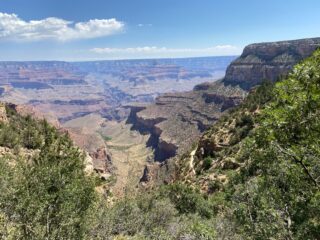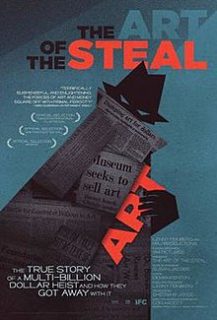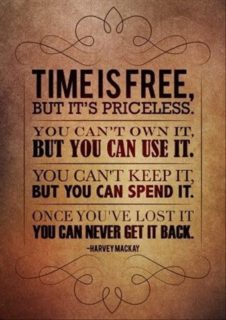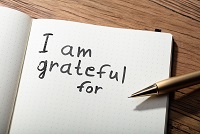Prior to 2020, we would begin our presentations with the statement, “We live in a VUCA (volatile, uncertain, complex, and ambiguous) world.” We would then ask people for examples of volatility, uncertainty, complexity, and ambiguity in their personal lives. They were often slow to come up with any examples, as if VUCA was an abstract idea that applied mostly to others. 2020 has changed that.
First, it was a virus that might (we didn’t know for sure) kill us.
Sanitize everything. Stay home and stay away from people.
Businesses and schools shutdown…
Stimulus money…
Masks…
Elections…
Protests…
Cyber attacks…
Vaccines…herd immunity?
What hasn’t changed is our view that healthy mindsets, practices, and supportive communities are what counteract VUCA. In 2020, we’ve learned that whatever is happening in our lives, we can choose to be grateful. Despite adversity and things not going the way we’d like them to, we can still notice what’s good in our lives, even if they’re small things. Perhaps 2020 has made you more aware of what matters most to you and to those around you. Optimizing True Wealth – what matters most to us – in every phase of our clients’ lives, has always been the primary vision for our work. We may all look back on 2020 and realize that this year gave us deeper insights and clarity into what True Wealth means to each of us. Perhaps 2021 will be a year where we plan and reorganize our lives around what truly matters most.
With this year’s VUCA have come widespread challenges to our individual mental health and sense of wellbeing. Instances of anxiety, depression, addictive behaviors, domestic violence, and suicidal thoughts have spiked as basic safety, security, and human needs have been threatened. To counteract the mental health and wellbeing threats we face, our approach is to develop and nurture the practices and habits that support our True Wealth. Specifically, the work of James Clear and his book Atomic Habits provide guidance on how we might form and sustain the habits of an anti-VUCA, True Wealth lifestyle. We’ll have more to say on this in 2021. Finally, 2020 has made it clear to most of us that human beings are social creatures. It’s never been more apparent that we flourish when we’re around others who bring out the best in us. Certainly, the trend towards more remote, technology-enabled work will continue. But whether it’s virtual or in person, our families, groups, and communities are and will be a big part of how we can make 2021 and beyond better for us all.









